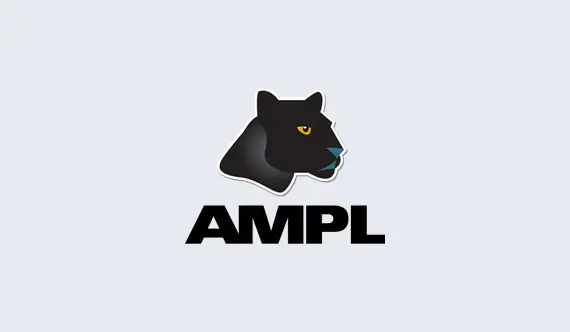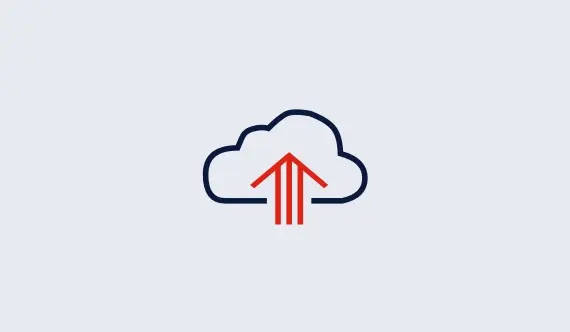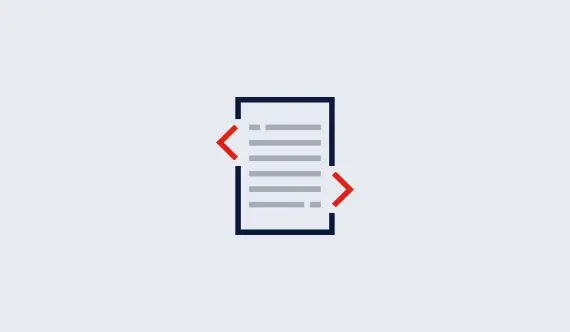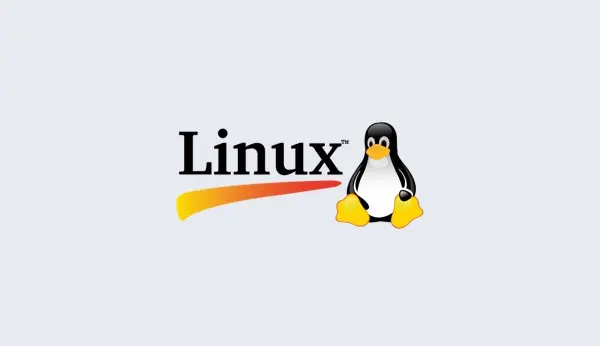Filter Content By
Version
Text Search
${sidebar_list_label} - Back
Filter by Language
gc_pwl.py
#!/usr/bin/env python3.7
# Copyright 2022, Gurobi Optimization, LLC
# This example formulates and solves the following simple model
# with PWL constraints:
#
# maximize
# sum c[j] * x[j]
# subject to
# sum A[i,j] * x[j] <= 0, for i = 0, ..., m-1
# sum y[j] <= 3
# y[j] = pwl(x[j]), for j = 0, ..., n-1
# x[j] free, y[j] >= 0, for j = 0, ..., n-1
# where pwl(x) = 0, if x = 0
# = 1+|x|, if x != 0
#
# Note
# 1. sum pwl(x[j]) <= b is to bound x vector and also to favor sparse x vector.
# Here b = 3 means that at most two x[j] can be nonzero and if two, then
# sum x[j] <= 1
# 2. pwl(x) jumps from 1 to 0 and from 0 to 1, if x moves from negative 0 to 0,
# then to positive 0, so we need three points at x = 0. x has infinite bounds
# on both sides, the piece defined with two points (-1, 2) and (0, 1) can
# extend x to -infinite. Overall we can use five points (-1, 2), (0, 1),
# (0, 0), (0, 1) and (1, 2) to define y = pwl(x)
#
import gurobipy as gp
from gurobipy import GRB
try:
n = 5
m = 5
c = [0.5, 0.8, 0.5, 0.1, -1]
A = [[0, 0, 0, 1, -1],
[0, 0, 1, 1, -1],
[1, 1, 0, 0, -1],
[1, 0, 1, 0, -1],
[1, 0, 0, 1, -1]]
# Create a new model
model = gp.Model("gc_pwl")
# Create variables
x = model.addVars(n, lb=-GRB.INFINITY, name="x")
y = model.addVars(n, name="y")
# Set objective
model.setObjective(gp.quicksum(c[j]*x[j] for j in range(n)), GRB.MAXIMIZE)
# Add Constraints
for i in range(m):
model.addConstr(gp.quicksum(A[i][j]*x[j] for j in range(n)) <= 0)
model.addConstr(y.sum() <= 3)
for j in range(n):
model.addGenConstrPWL(x[j], y[j], [-1, 0, 0, 0, 1], [2, 1, 0, 1, 2])
# Optimize model
model.optimize()
for j in range(n):
print('%s = %g' % (x[j].VarName, x[j].X))
print('Obj: %g' % model.ObjVal)
except gp.GurobiError as e:
print('Error code ' + str(e.errno) + ": " + str(e))
except AttributeError:
print('Encountered an attribute error')









